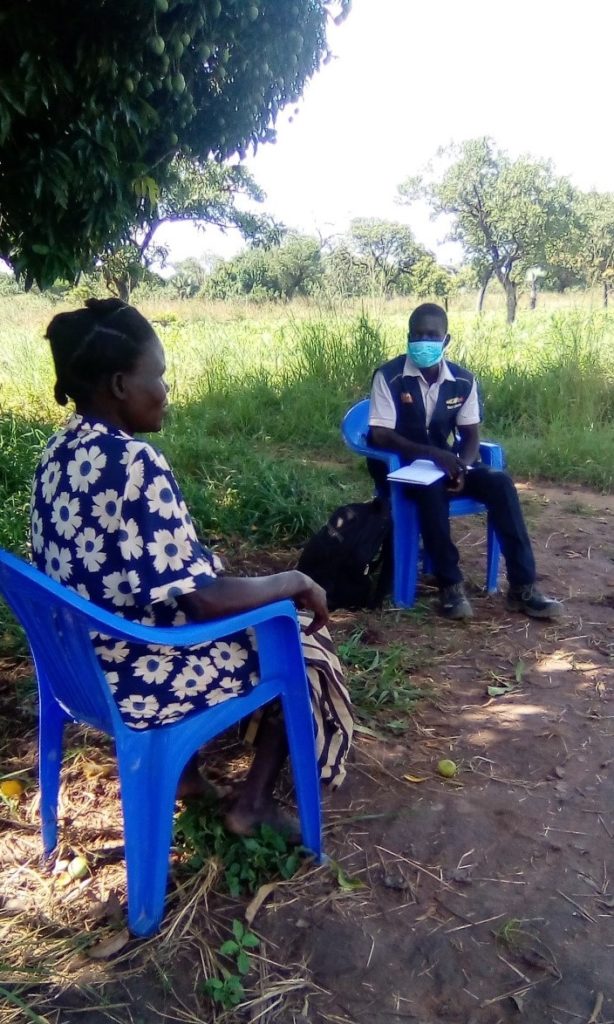In several economically developed nations, governments have realized it makes financial sense to compensate relatives or friends who provide care for loved ones. This enlightened policy enables vulnerable people to stay at home through their illness, rather than going into hospital (costly and never a pleasant option) or a care home. It also maintains the dignity of care givers, recognizing their importance in societies where an increasing proportion of people live to an old age.
The situation is far more challenging in many African countries, where it is predominantly women and girls who are care givers, in addition to all their other unpaid work (agriculture, fetching water and firewood from distant sources and all domestic tasks). It is estimated that African women do three times more unpaid work than men. In many societies, it is assumed that taking care of the sick, young and elderly is women’s burden to bear without support, resources or sympathy – and often with only a rudimentary health system. It also keeps millions of girls away from school each year.
A Feeling of Loneliness
There is a further aspect of being a care giver that isn’t often mentioned: it can be an isolated, lonely existence. Socializing is almost impossible for many people who are needed “on duty” around the clock. Even a quick trip out to do the shopping can be a logistical nightmare.

At Network for Africa’s projects in northern Uganda, we are helping the care givers, as well as the people for whom they sacrifice so much.
Gertrude is 73-years-old, and cares for her son who has epilepsy, as well as his three children. His wife left them, saying she was not prepared to live with a “mad” person. Until recently, Gertrude struggled to feed and educate her family, spending their money on drugs to help her son control his epilepsy. Their situation was not helped when her son burned down their home and possessions during a psychotic episode, triggered by not having epilepsy medication. As a result, Gertrude told us she was eating perhaps three times a week. She also said she found it hard to sleep, always aware she must stop her son wandering off (and on one occasion trying to kill himself, such was his distress about his condition). It is hardly surprising Gertrude became subject to depression and loneliness.
Our Mental Health Project in Uganda
Thankfully, she heard about the work of Network for Africa’s local Ugandan partner, BNUU. Through them she was able to get the drugs necessary to help her son control his epilepsy (and as a result, the psychotic episodes stopped). That meant she did not have to watch him all the time.
Moreover, Gertrude was given counselling, and introduced to a self-help group. For the first time, she realized she was not alone in facing her challenging circumstances, and her depression began to retreat. She became involved in a savings and loans initiative, aimed at helping people budget for future needs. Now, she is the treasurer of the group, and says she is looking to the future with optimism.
This week, 9-15th May, is UK Mental Health Awareness Week with the theme of loneliness. Please click below to donate to Network for Africa. We are a small, nimble charity with minimal costs. Your support enables us to make a transformational difference in the lives of people like Gertrude.
CLICK HERE TO SUPPORT COUNSELLING FOR CARE GIVERS